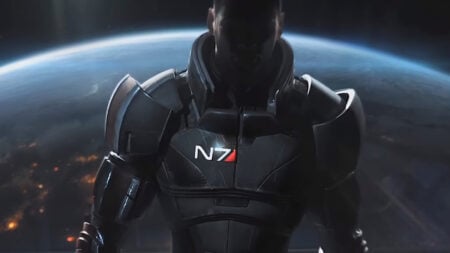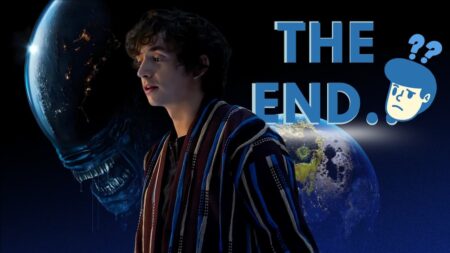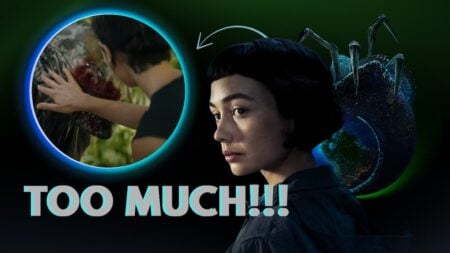Skip To...
Gen V and The Boys have a lot in common. The collegiate spin-off depicts the process that turns Compound V recipients into the self-centered monsters of the Seven. It covers the brutally competitive world of superhero education, threatening to give humanity to the supes. The Boys aimed its satire at many things, but Gen V has widened its focus while increasing its relatability. Neither superhero show employs restraint, but Gen V demonstrates the franchise’s potential to play in new spaces.
Gen V Puts the Human in Superhuman
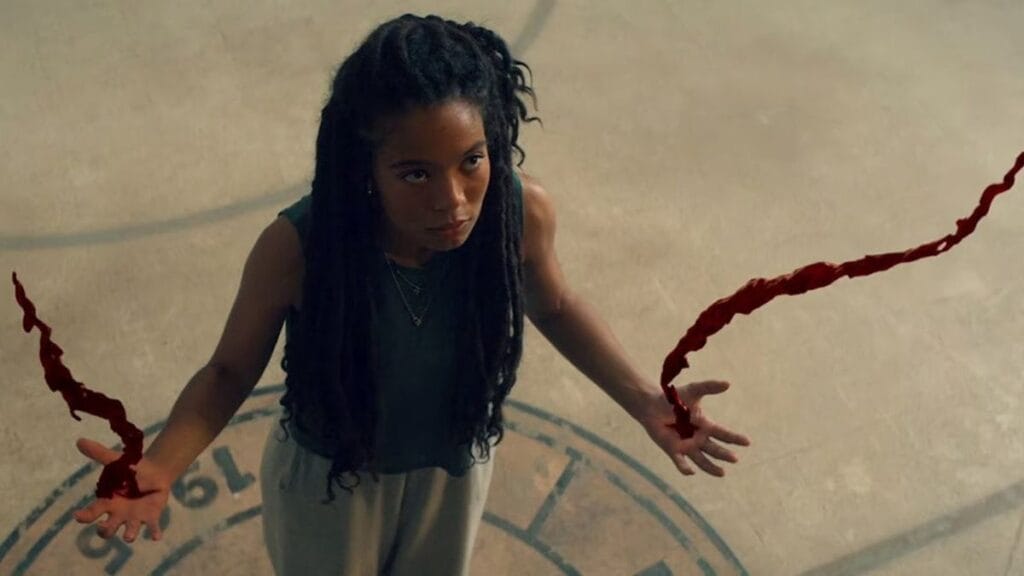
The Boys features multiple opinions on the idea of superheroes. Hughie shares his uncritical worship of the Seven with most of the population. They are celebrities who seem to earn their fame by saving people and stopping crime. Billy Butcher occupies the other end of the spectrum. He wants nearly every person with V in their veins to die a horrible death, and he’ll do almost anything to get it done. Mother’s Milk and Frenchie fall somewhere between the two, killing supes while seeing salvageable elements in some of them. The three or four decent supes in the bunch fail to shift the show’s depiction. The Boys generally side with Butcher, even if he goes too far. Gen V has a different argument.
The heroes of Gen V are all supes. Butcher’s rage would not spare Marie, Jordan, Andre, or Emma. The villains are still corporate ghouls in suits trying to squeeze the most money and power out of human lives. Everyone involved in the school is naturally corrupt, cruel, and exploitative. Conversely, the students are complicated, conflicted human beings under the heel of the institution. Their sympathetic role in the show helps them feel more complete than Homelander or A-Train. I hate Vought in every iteration of this story. Gen V‘s satire shows us that even the up-and-coming supes are subsumed into the real villainy. The Boys argues that the supes are monsters and their handlers are even worse. Gen V finds sympathy in one to further denigrate the other.
Gen V Is the Perfect Companion to The Boys
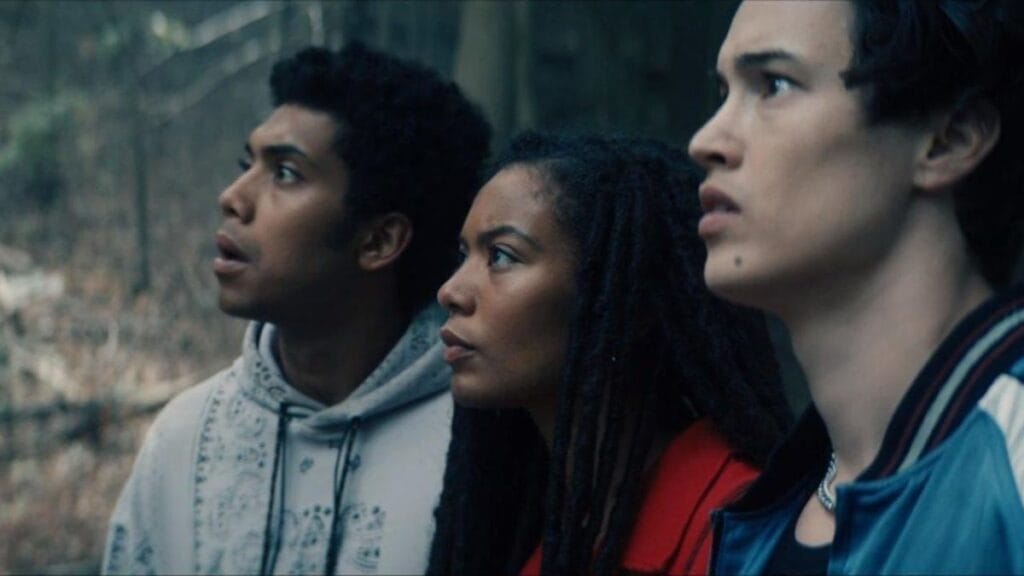
Gen V isn’t as concerned with superhero media as The Boys. Its analogs aren’t as obvious. Its media critique is aimed more at internet outlets, reality TV shows, and news coverage than Hollywood blockbusters. Disney and Warner Bros. catch constant pushback from The Boys. Gen V steps away from ridiculing its peers. Satirical genre fiction can often become an example of the art it exists to critique. Gen V uses that shift for good. It still gets in its digs, especially with Vought’s reaction to Jordan Li. It is a superhero show set in the universe that brought us the Seven. The show sacrifices that aspect of its satire to address instead the lives of the people who live in its universe.
I’ll assume that most people who watch The Boys have never been famous. A lot of them probably went to college. But, academic competition, messy relationships, institutional neglect, unfair treatment, and parental pressure? All these things ring familiar in the lives of millions. The Boys combines superhero tropes with the grim realities of celebrity and capitalism. Gen V subsequently feels like a sincere drama set in the world its predecessor created. I’d argue The Boys is still a personal narrative. As a work of satire, however, it’s constantly taking time to wink at the audience. It’s always looking over to see if you get the reference. Gen V is sharper as a work of satire because it feels sincere. No longer is an above-it-all murderer storming onto the screen to tell you how fake everything is. Instead, you see the darkest depths of this society in terms you can understand.
Since superhero movies took over the world almost 15 years ago, genre satires have become a dime a dozen. The Boys and Gen V stand a million miles above most. The Boys has venom in its veins for the Marvel and DC Cinematic Universes. Gen V has shifted focus, but its satirical edge is sharper than ever. Gen V is the first step into a new world this franchise has yet to conquer. There’s no end to the new dimensions The Boys could conquer.




